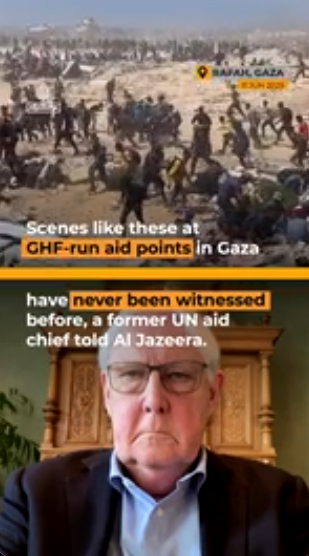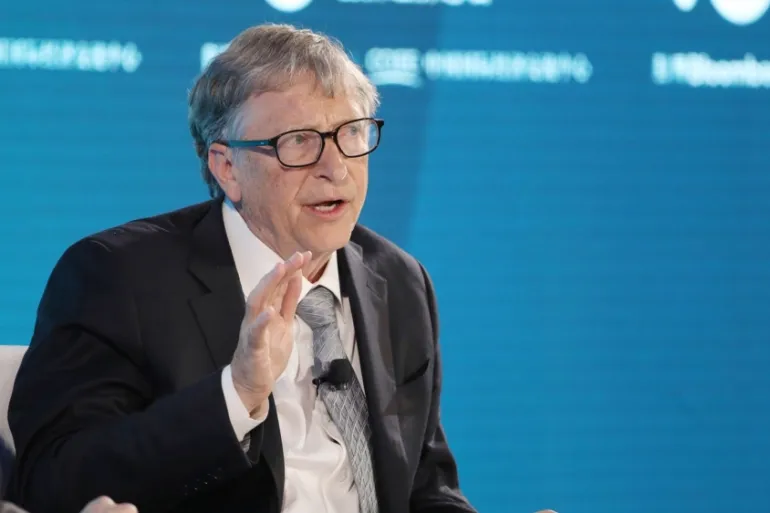Former United Nations Secretary-General Ban Ki-moon has strongly condemned the ongoing violence in Gaza, denouncing repeated attacks on humanitarian aid sites as “unprecedented” and accusing parties involved of turning these sites into “opportunities for killing.”
Speaking in a video statement released on June 12, Ban Ki-moon expressed deep concern over what he described as the systematic targeting of locations where civilians gather to receive lifesaving assistance. “This is not just a war crime,” he said, “it is an intentional assault on humanity.”
The remarks come amid growing international outrage over recent Israeli military strikes in Gaza that reportedly hit areas designated for aid distribution. In the past several weeks, dozens of Palestinians waiting for food or medical supplies have been killed or injured in incidents documented by humanitarian organizations and journalists.
“These aid distribution sites are supposed to be sanctuaries — places of hope amidst despair,” Ban said. “But in Gaza today, they have become zones of death. The scale and deliberate nature of these attacks are unprecedented in modern conflict zones.”
Ban, who served as UN Secretary-General from 2007 to 2016, emphasized the failure of the international community to stop what he called a collapse of basic norms governing warfare. He urged world leaders, especially those with influence in the Middle East, to act urgently to prevent further atrocities.
“These are not accidental casualties,” he said. “They are the result of a total disregard for international humanitarian law. It is clear that the killing of civilians is being normalized under the pretense of military operations.”
The statement follows a series of reports by aid agencies such as the World Food Programme and the United Nations Relief and Works Agency (UNRWA), which have confirmed repeated strikes on food convoys and aid distribution sites in Gaza. According to UNRWA, more than 100 people were killed in separate incidents over the past month while attempting to collect basic supplies.
Israel has defended its military actions by claiming it is targeting Hamas operatives and infrastructure embedded in civilian areas. However, human rights groups have criticized the Israeli Defense Forces (IDF) for failing to distinguish between combatants and civilians, especially in densely populated zones.
The Israeli government has yet to respond directly to Ban Ki-moon’s comments. Nonetheless, officials have consistently rejected allegations of deliberate targeting, saying that Hamas uses civilians as human shields, thereby complicating military operations.
Ban’s statement has added pressure on Western nations, particularly the United States and European Union members, who have so far offered limited public criticism of Israel’s tactics. Several European lawmakers have now called for an independent investigation into the alleged war crimes.
Meanwhile, humanitarian organizations are warning that conditions in Gaza continue to deteriorate rapidly. Medical facilities are overwhelmed, access to clean water is severely limited, and more than half the population is at risk of starvation. Aid groups report that many residents are too afraid to approach distribution sites due to the repeated strikes.
In his concluding remarks, Ban Ki-moon appealed directly to the conscience of the international community. “This is not about politics — it is about basic human decency. The world cannot stay silent while aid becomes a death sentence.”
He urged the current UN leadership and global institutions to intervene immediately to protect civilians, ensure aid access, and hold accountable those responsible for violations.
As the crisis in Gaza deepens, calls for a ceasefire and renewed diplomacy are growing louder. But with violence continuing unabated and aid routes under threat, prospects for immediate relief remain uncertain.
Source; Al Jazeera



